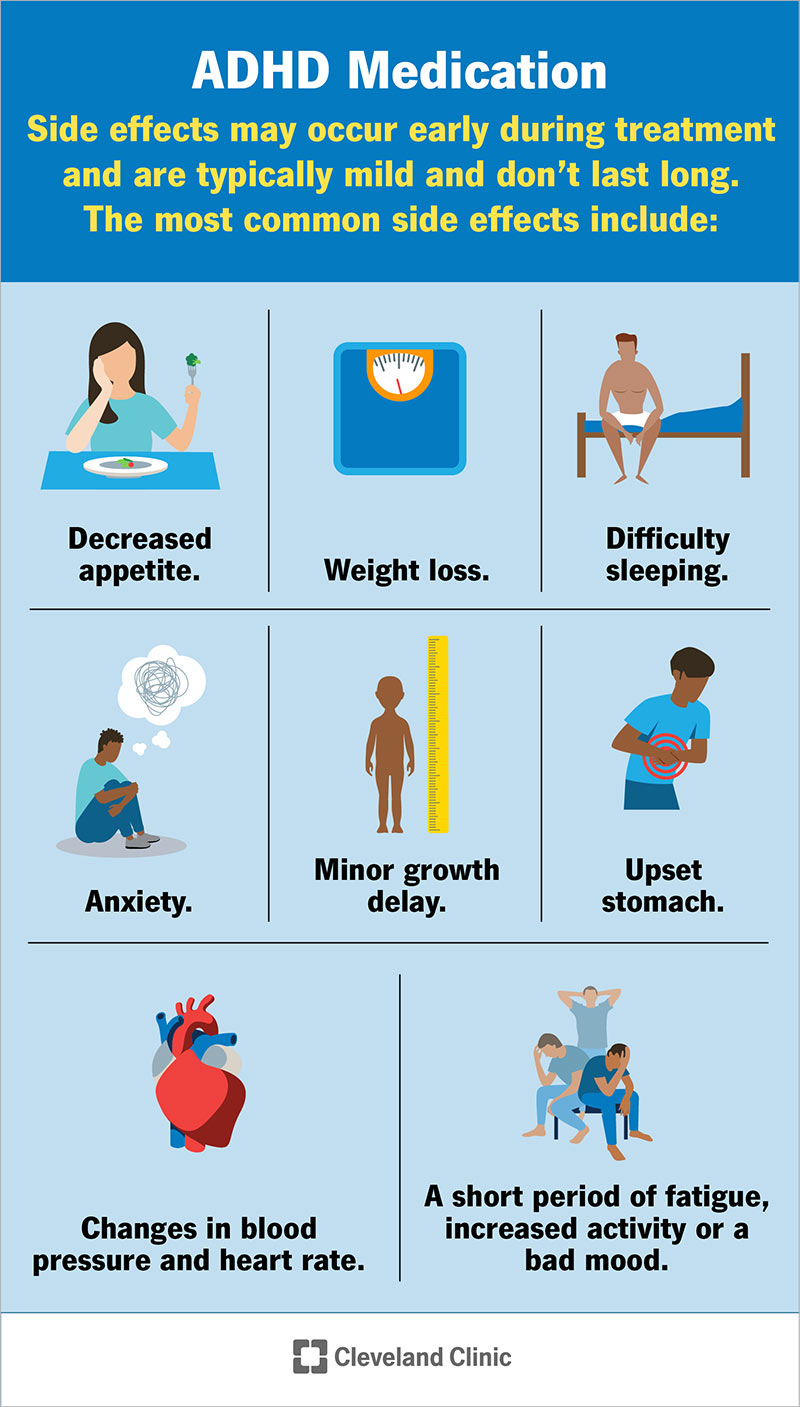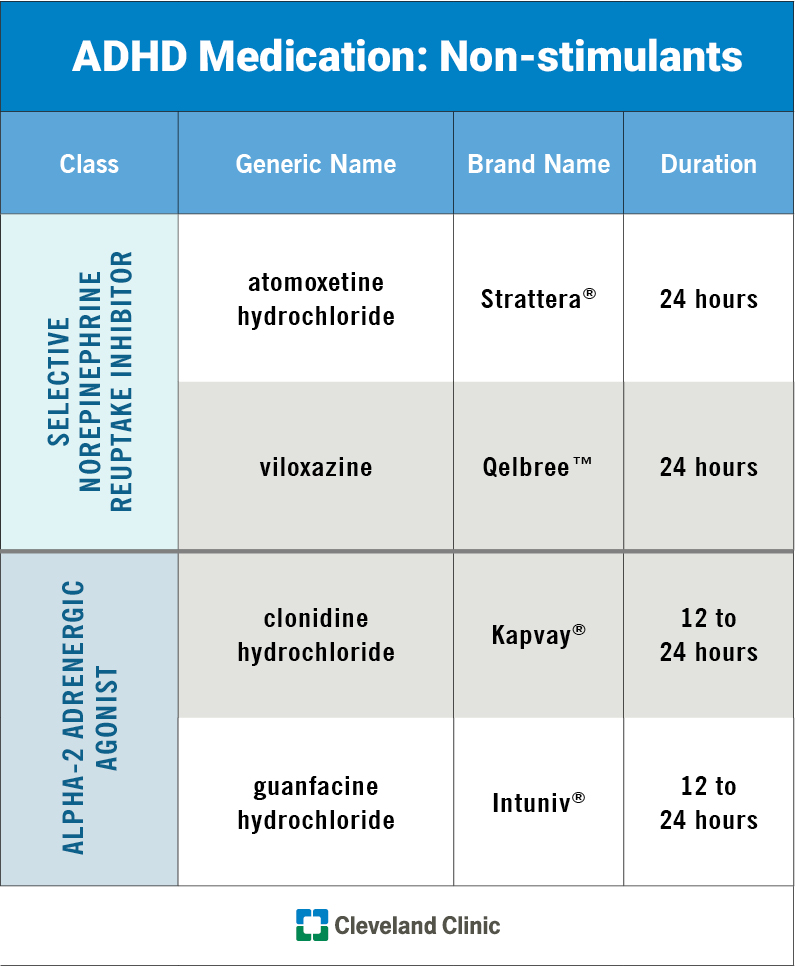Compassionate Depression Treatment to Restore Mental Wellness
Compassionate Depression Treatment to Restore Mental Wellness
Blog Article
Your Guide to Locating the Right ADHD Treatment for Enduring Outcomes
Navigating the complexities of ADHD therapy requires a nuanced understanding of both the condition and the myriad options available for effective management. It is important to acknowledge that what jobs for one person might not always produce the very same results for an additional.
Comprehending ADHD and Its Influence

In adults, ADHD can bring about difficulties in office environments, impacting efficiency, time administration, and social connections. Commonly, undiagnosed or poorly handled ADHD can add to co-occurring mental health and wellness problems, such as anxiety and anxiety, more complicating a person's total well-being.
The societal understanding of ADHD can differ, bring about stigma and misconception, which may impede individuals from seeking aid. As understanding grows, it is important to foster a setting that advertises understanding and support for those affected by ADHD, emphasizing the demand for exact medical diagnosis and customized approaches to mitigate its influence on everyday life.
Review of Therapy Choices
An extensive method to treating ADHD encompasses a selection of alternatives customized to the individual's special needs. These alternatives can extensively be categorized into behavioral treatments, psychoeducation, and lifestyle modifications, alongside medicinal therapies that might be checked out later.
Behavioral interventions, such as cognitive-behavioral treatment (CBT), emphasis on modifying specific actions and developing coping approaches to handle signs and symptoms properly. Psychoeducation plays a vital duty in encouraging both people and their family members by providing info about ADHD, its obstacles, and reliable approaches for support.
Lifestyle modifications can dramatically influence ADHD monitoring. Normal physical activity, a balanced diet plan, and sufficient rest add to overall wellness and signs and symptom control. Mindfulness techniques and relaxation methods can also improve emphasis and decrease impulsivity.
Support system and household treatment can cultivate a sense of community and understanding, assisting individuals feel less separated in their experiences. Each treatment choice ought to be taken into consideration along with the person's preferences and situations, making sure an all natural approach that promotes lasting success. Inevitably, the goal is to develop a customized treatment strategy that deals with the details challenges related to ADHD while boosting general quality of life.
Medication: Pros and Cons
Medicine plays a critical role in the treatment of ADHD, with many alternatives offered that can considerably alleviate symptoms for several individuals. Stimulants, such as methylphenidate and amphetamines, are commonly recommended and have shown performance in enhancing focus, reducing impulsivity, and enhancing general behavior. These medications function by boosting dopamine and norepinephrine degrees in the mind, which are typically dysregulated in those with ADHD.
However, the use of drug is not without its difficulties. Some individuals may experience adverse effects, consisting of sleeplessness, decreased appetite, or raised anxiousness. Finding the ideal dose can be a trial-and-error process, requiring vitality psychiatry close surveillance by medical care experts. Additionally, not all patients react to energizer drugs, leading some to check out non-stimulant options, which may have a delayed beginning of activity or different side impacts.
It is necessary for people and their families to weigh these pros and cons meticulously. Balancing the benefits of signs and symptom administration versus prospective adverse effects is crucial for accomplishing optimal treatment results. Cooperation with healthcare companies can assist in enlightened choices, making certain that medication becomes part of a comprehensive ADHD management strategy.
Behavior Treatment Techniques

One commonly used method is Cognitive Behavior Treatment (CBT), which helps people identify and transform negative thought patterns that add to ADHD-related challenges. Therapist for ADHD. With CBT, customers find out to establish practical objectives, handle time properly, and establish business systems
Another effective technique More Info is Moms and dad Monitoring Training (PMT), which informs parents on exactly how to reinforce favorable behaviors and lower unfavorable ones with consistent self-control and interaction techniques. This strategy promotes a helpful home setting that motivates behavioral renovations.
Social skills training is also integral, helping individuals with ADHD navigate social interactions a lot more properly. Role-playing and modeling suitable actions can enhance social skills and decrease anxiety in social circumstances.
Lifestyle Adjustments for Better Administration
Exactly how can way of life modifications substantially improve the management of ADHD signs and symptoms? Carrying out tactical way of living alterations can cause significant improvements in emphasis, company, and emotional regulation for people with ADHD.
First of all, developing an organized everyday regimen aids in developing predictability, which can minimize sensations of overwhelm. Constant routines for dishes, research study, and rest can improve everyday performance.
Incorporating regular physical task is likewise crucial, as exercise has actually been shown to boost dopamine levels, enhancing focus and inspiration (Therapist for ADHD). Going for a minimum of thirty minutes of moderate workout most days can be useful
Nutrition plays a pivotal role as well. A balanced diet plan abundant in omega-3 fatty acids, whole grains, and protein can sustain cognitive function. Limiting refined sugars and high levels of caffeine might lower signs and my sources symptoms, as these can lead to energy accidents and irritation.
Final Thought
In conclusion, finding the ideal ADHD treatment necessitates a multifaceted method that considers individual needs and preferences. Partnership with healthcare professionals and open communication with support networks are crucial elements in navigating the intricacies of ADHD management, ultimately leading to lasting outcomes and improved quality of life.
Report this page